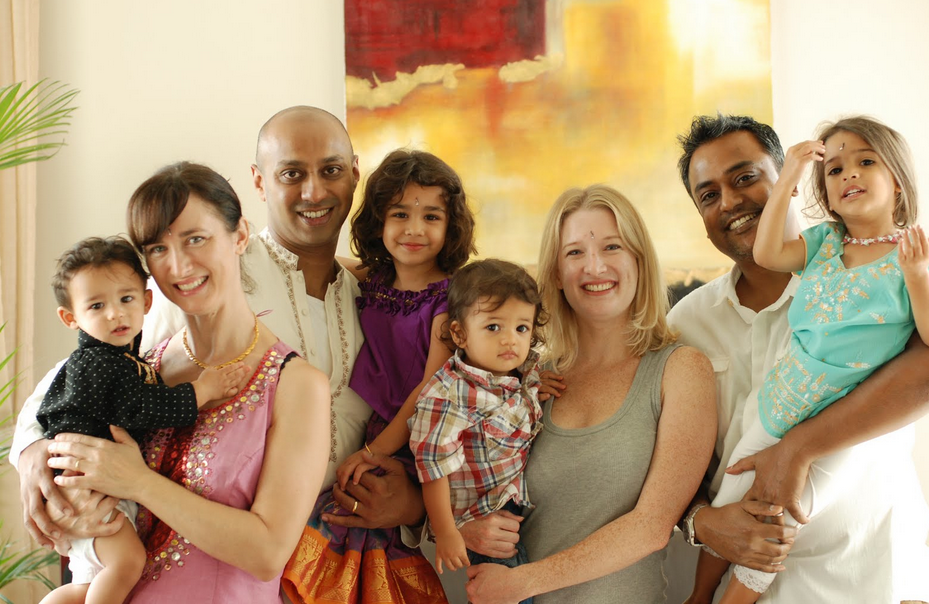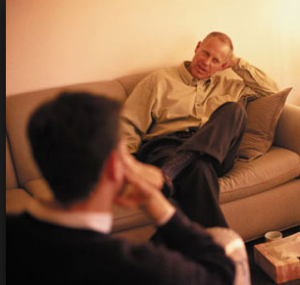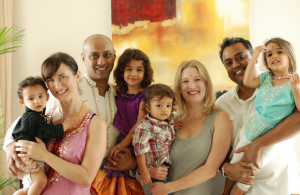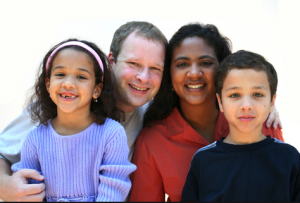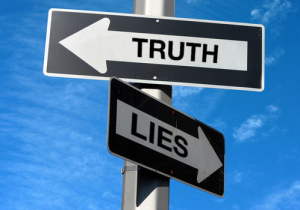March 10, 2015
Note: Some midlifers who consulted me recently about relationship and career conflicts brought to mind an article I wrote for the Washington Post a few years back. I think these issues will remain current for some time — and people of all ages would be wise to heed them — so I decided to repost it here:
As a psychotherapist and a member of the booming midlife generation, I’ve heard many expressions of midlife distress, but few as poignant as this: A 47-year-old married mother of three told me about a dream. She’s on one of those moving sidewalks and can’t get off. On either side, scenes pass by of herself living different lives, with different people. Suddenly she recognizes the Grim Reaper standing at the end of the sidewalk, arms outstretched, awaiting her.
She wakes up, screaming.
Why the dream? And why did it provoke such distress?
The symbolism may be obvious, but I’ve found much of the research on midlife contradictory. A decade-long MacArthur Foundation study suggested that most people don’t experience a midlife crisis, that they sail through their 40s and 50s. More recently, though, two new studies suggest that midlife is a time if not of crisis then of common and sometimes severe depression.
One study by the Centers for Disease Control and Prevention found a 20 percent rise in suicide among people ages 45 to 54 from 1999 to 2004 — a rise that exceeded that of all other age groups.
Another reported an increase in depression during people’s 40s to early 50s, after which happiness rises again. Researchers from the University of Warwick and Dartmouth College, who studied 2 million people from 80 nations, found this pattern to be consistent across sex and socioeconomic levels and among developed and developing countries.
Explanations for these data remain elusive. Some experts think the rise of midlife suicide may reflect something as specific as the decrease of hormone replacement therapy among women or as general as the stress of modern life. As for the rise in happiness after midlife depression, some speculate that people may simply have learned to set aside aspirations they know they will never realize.
I find these explanations unconvincing. What the data underscore is the need for a new understanding of the complexities of midlife, one that would enable people to deal more effectively with the positive and negative changes they encounter. Here’s my understanding: Continue reading






